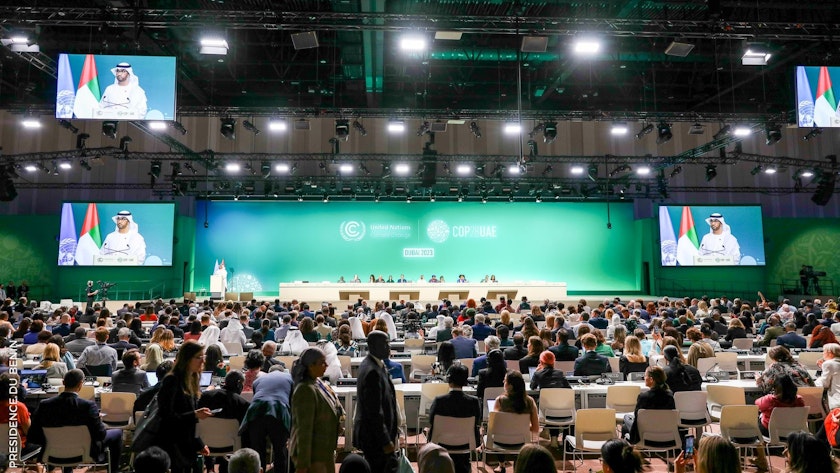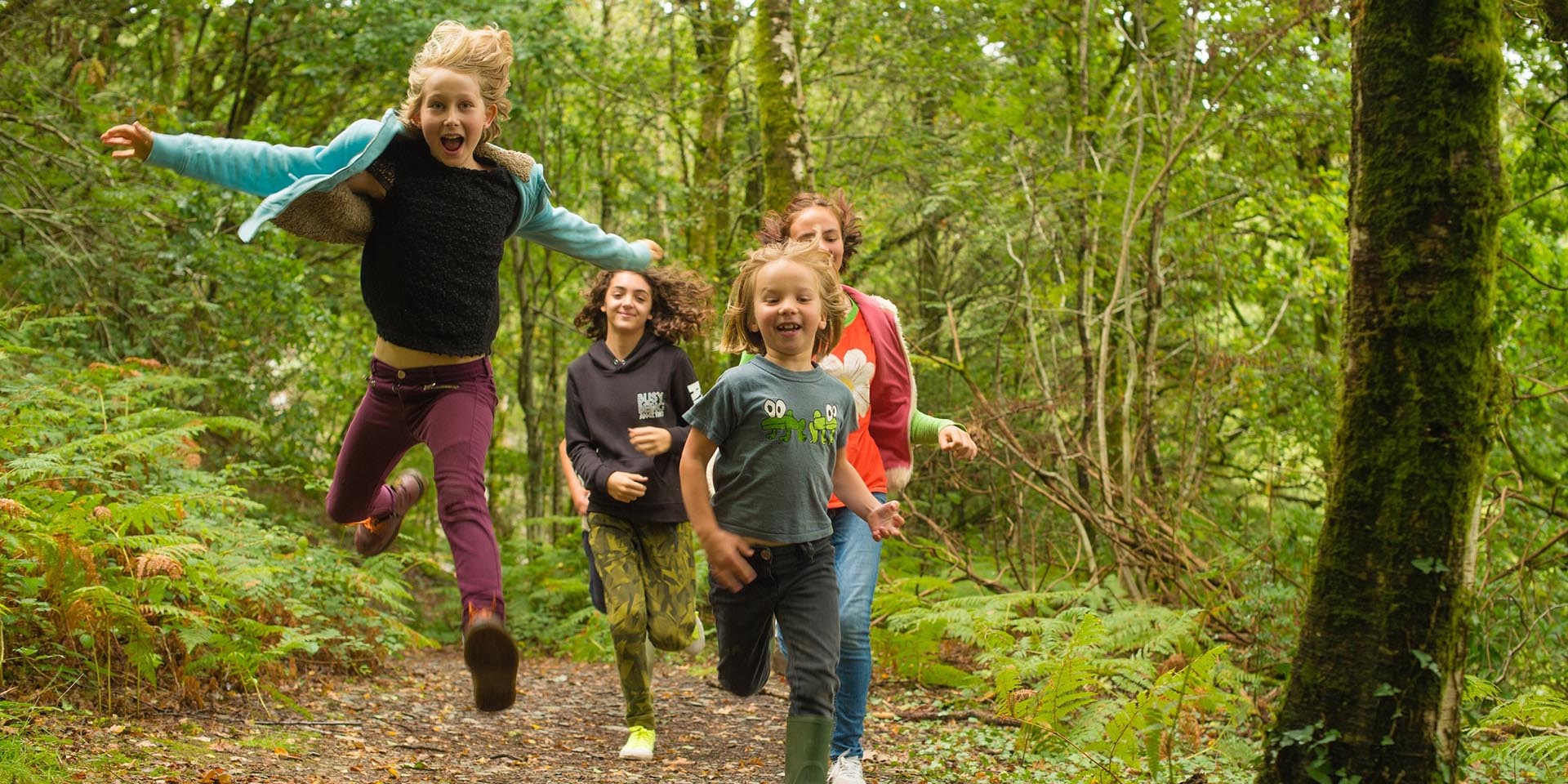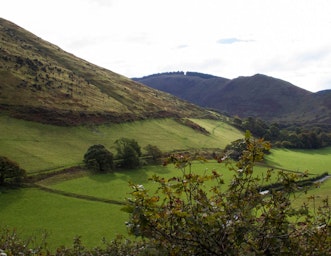
COP28 – critical steps, but much further to go before we reach safer ground
December 18, 2023Home » COP28 – critical steps, but much further to go before we reach safer ground
The global agreement on climate change agreed last week in Dubai has been described as “the beginning of the end” for fossil fuels and as devastatingly insufficient for the urgency of the challenge. Paul Allen reflects on some of the key outcomes from COP28 and looks at what needs to happen now.
As COP28 came to a close after days of very deep debate around the ‘Global Stocktake’ of progress so far, almost 200 Parties signed up to a new agreement that calls on countries to “transition away” from fossil fuels in energy systems.
This means that, for the first time in nearly 30 years of climate negotiations, there is agreed wording on reducing fossil fuels – this is both a historic milestone and a devastating indictment of how slowly the COP process moves, and how vulnerable it is to vested interests.

Signals, loopholes and business as usual
A commitment to “phase-out” fossil fuels was blocked by petrostates, and the final deal has been criticised for having enough weak words and loopholes to allow fossil fuels to keep being burned well into the future.
UN climate chief, Simon Stiell, said: “COP28 needed to signal a hard stop to fossil fuels and their planet-burning pollution. We didn’t turn the page on the fossil fuel era, but this is clearly the beginning of the end.”
Meanwhile the Lead Negotiator for the Alliance of Small Island States, Anne Rasmussen, called it, “an incremental advancement over business as usual when what we really needed is an exponential step-change.”
Critical steps, but much further to go before we reach safer ground.
Loss and damage
The summit also put into operation a fund for loss and damage, to support vulnerable countries impacted by climate change. By the end of the COP, initial pledges were around $700 million – a drop in the ocean compared to the estimated hundreds of billions needed annually to address climate damage. Without ambitious mitigation these costs will continue to rise, as will the human costs.
However, this fund has been fought for by developing countries and climate justice campaigners across many COPs, in recognition that those being most impacted by climate change have contributed least to the problem, and it becoming operational is a positive step forward.
Scaling up renewable energy and energy efficiency
There were also clear calls on countries to contribute to tripling renewable energy capacity and doubling the delivery of energy efficiency on a global level by 2030 – powering up clean energy and powering down demand using technologies that are proven and costed at scale.
Increased financial support for developing countries will be essential if these goals are to be met, with climate finance expected to be the main agenda item at next year’s COP29 in Azerbaijan.
How COP28 can help us drive the process forwards
Whilst the agreement is in itself dangerously weak, the commitment to transition away from fossil fuels can be used by citizens across the globe to lever increased ambition from governments. Agreements may be made at COP, but we need national governments to take action.
The key element of the Paris Agreement is a consensus to aim for the goal of limiting global heating to 1.5°C, and at Paris it was also agreed that the path to achieving this would be driven through nationally determined contributions (NDCs) by which each country makes voluntary offers of what they will deliver.
The initial NDCs were nowhere near what is needed for a 1.5 or even 2°C pathway, so increasing ambition is driven by a ‘ratchet mechanism’ where every five years countries increase what they commit to delivering. The next ratchet is scheduled for 2025, between COP29 and COP30, so this is a key moment to push for increased ambition and – crucially – urgent implementation.
We can’t rely on unproven technologies
A key concern is targets and plans that rely on technologies that are as yet unproven at scale – justifying continuing investment in fossil fuels on the basis of future carbon dioxide removal technologies (CDR).
Released on 4 December, whilst COP28 negotiations were in full swing, a new report from Oxford University’s Smith School of Enterprise and the Environment stated that, “Heavy dependence on Carbon Capture and Storage (CCS) would be much more expensive than a route based primarily on renewable energy, energy efficiency and electrification.”
Their key points included:
- A high Carbon Capture and Storage (CCS) pathway to net zero by 2050 is expected to cost at least $30 trillion more than a low CCS pathway.
- The cost of CCS implementation has not declined at all in the past 40 years, whereas solar, wind and batteries have seen dramatic falls in cost.
- Governments that put CCS at the centre of their national decarbonisation plans risk putting themselves at a competitive disadvantage.
In addition, over 1000 scientists signed a letter which makes the point that that novel carbon dioxide removal technologies currently provide just 0.1% of carbon dioxide removal from the Earth’s atmosphere. These include direct air capture and storage, bioenergy with carbon capture and storage. Clearly, we need to research and develop all options, but to date there is a lack of evidence that these can be deployed at scale.
Role for the UK as a leader
In recognition of the UK’s historic emissions, and the need for climate justice, the UK must step up and show genuine leadership. Ambitious targets and long term goals are important, but we also need effective action now to get us on the path to zero carbon.
A just transition to zero carbon is an investment in the future, and there is huge potential for the UK to benefit in the creation of new green jobs, improved health and wellbeing, cleaner air, warmer homes, and in secure and affordable energy supplies.
Alongside pressing governments to take urgent and effective action, we need action at all levels – in our towns, villages, cities and countryside. Not just technological solutions, but changes in behaviour, transport, foods, lifestyles and employment.
It is uplifting to engage with the many students and groups who visit CAT to seek ideas, skills, contacts and training to enable them to make their projects, communities, career paths and organisations proactively build solutions. More and more people want the work they do each day to synergise with what they want to see in the world, and to play their part in a just transition to a zero carbon future.
Despite the challenges, COP28 brought together many countries, citizens and organisations which are deeply committed to making the UNFCCC process work for the planet. Working alongside them, there are millions of incredible people pioneering and innovating real world actions to bring ways of addressing the climate and nature crisis to life in their communities across the globe. CAT is proud to be part of this vital wave of change.
About the author
Paul is CAT’s Zero Carbon Britain Knowledge and Outreach Coordinator. He has been involved with our research into zero carbon scenarios since the beginning, coordinating the development of research reports and liaising directly with government, industry, NGOs and the arts to share findings.
Paul represented CAT as an official observer at COP28, working with the International Network for Sustainable Energy (INFORSE) and joining the talks online via the COP28 digital platform, which allows attendees to access talks and discussions virtually.
- Zero Carbon Britain
- Climate Change
- Policy
- News Feed
Related Topics
Related Pages

CAT membership
CAT doesn’t just talk about the climate and nature crisis – it builds solutions to tackle it.
Join the CAT community to make a real difference.
EMAIL SIGN UP
Keep up to date with all the latest activities, events and online resources by signing up to our emails and following us on social media. And if you'd like to get involved and support our work, we'd love to welcome you as a CAT member.



